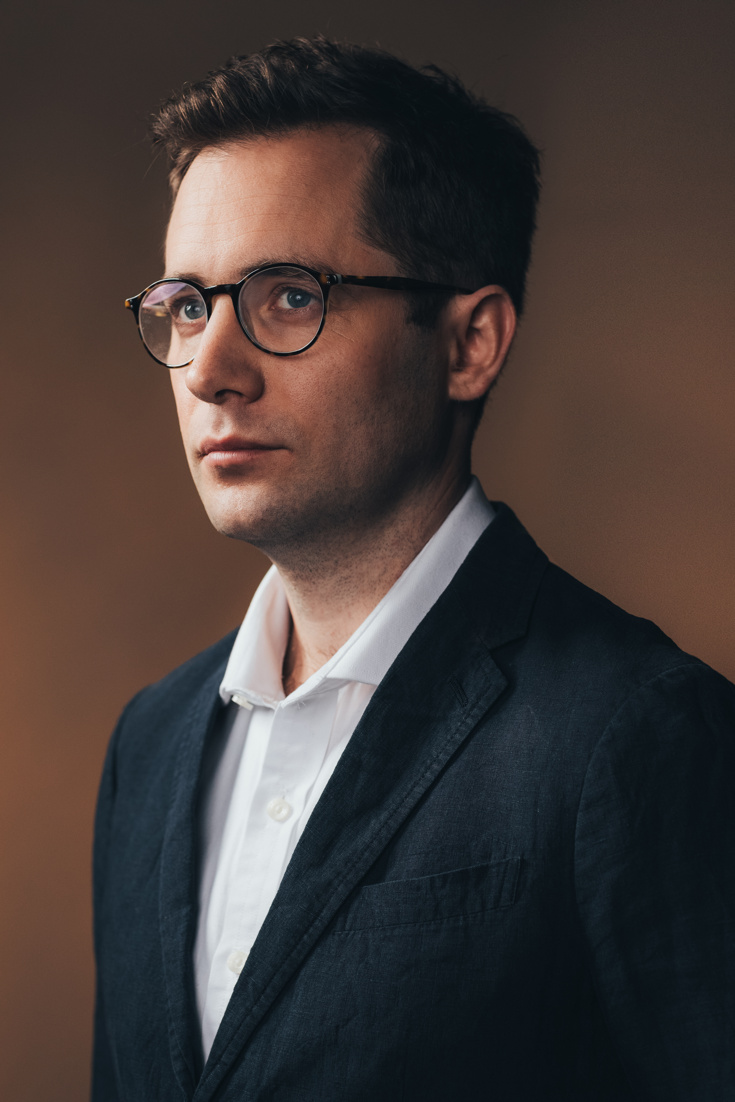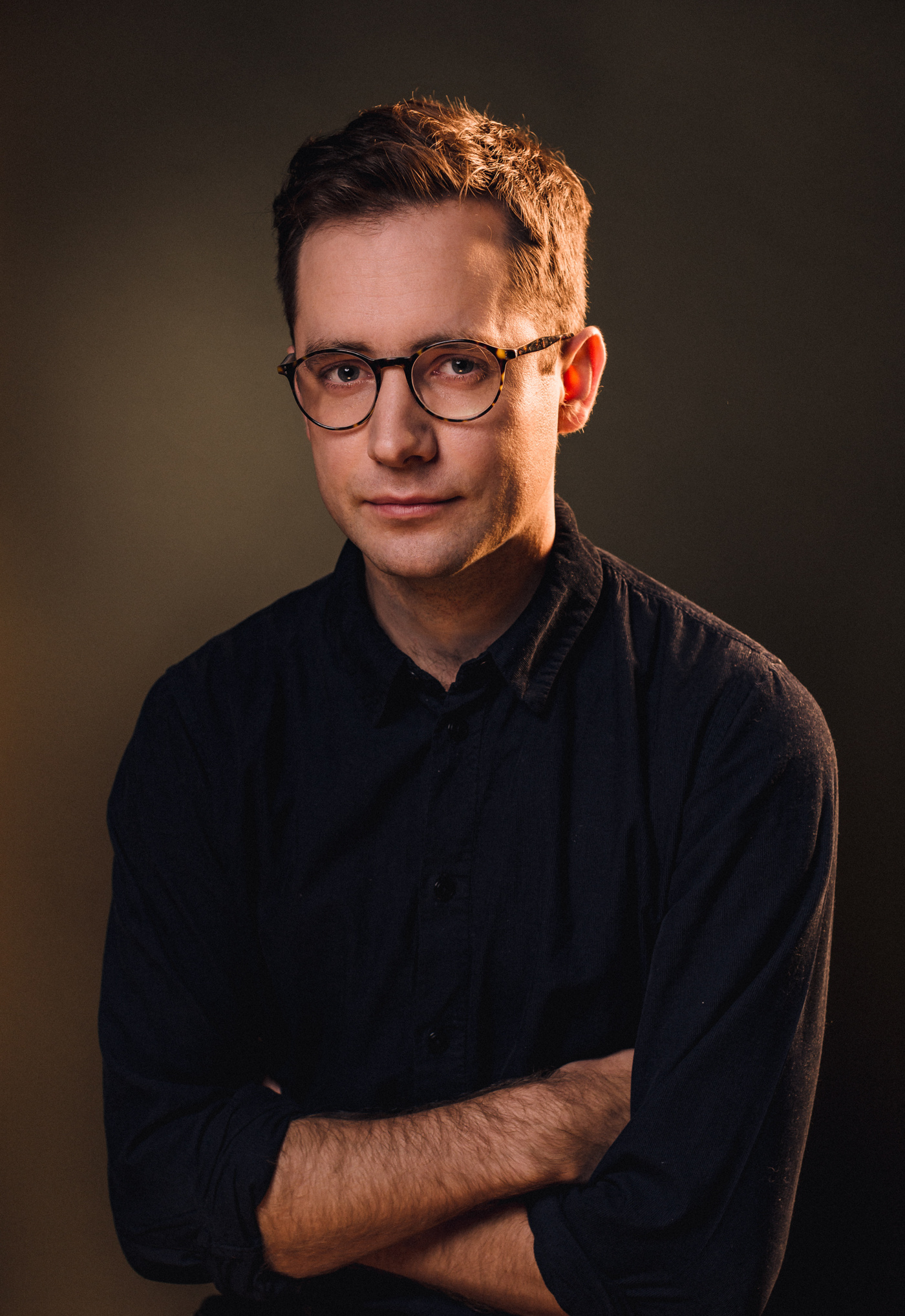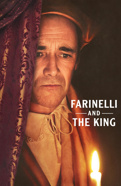Farinelli and the King Star Sam Crane on Unusual Family Vacations and an Imagined Stage Persona


Handsome and unassuming, Sam Crane has a self-deprecating manner (he is British after all) that tries to deflect from his accomplishments. Now reprising his role on Broadway in the acclaimed London transfer of Farinelli and the King opposite Oscar and Tony winner Mark Rylance as the king of Spain, Crane is known in the U.K. for his long list of stage credits. He starred as Winston Smith in 1984 in the West End, and his resume boasts a host of classic works, Henry IV, Parts I & II, The Odyssey, Othello and Ghosts among them. He is also known for the BBC's Desperate Romantics and his voice work on Assassin’s Creed. We checked in with Crane as he was getting ready to make his Broadway debut as the castrato Farinelli.
Next to Normal
Crane was born in Brighton, where his parents, playwright Richard Crane and stage director Faynia Williams, ran a theater company with an eye for the experimental. “They did a lot of avant-garde work, a lot of it internationally in Eastern Europe and Russia—kind of weird stuff,” Crane says. “They would travel quite a lot, and we [Crane has two stepsisters and a brother] would sometimes go with them—strange sort of holiday places like going to Romania. I went through a period of thinking, ‘Oh my God, I just want to be normal!’ I want to live in a cul-de-sac and have normal parents who have normal jobs, and go on holiday somewhere hot that's not Romania.”
Friendship Is Magic
Despite his family vacations in far-flung locales, Crane did participate in some “normal” childhood activities. “I have a brother two years older than me. We got on really well, but he always liked playing with My Little Ponies, and I like playing with He-Man figures. Then we played together, so you'd have my He-Man figures riding on his My Little Ponies.” See? Crane’s childhood wasn’t just experimental theater in Eastern Europe.
Leading the Blind
Then again, Crane’s first stage experience wasn’t the usual role in Oliver! or Annie. “My mother was running a theater at the University of Essex, and she was doing a production of Antigone. She needed a kid to be the guide for Teiresias. Teiresias is the blind seer. I didn't say anything, I just came on to lead Teiresias around the stage. I must have been seven or eight.I don't think I had a thought like, 'Wow, this is what I want to do. It just felt quite normal, strangely."
Double Life
Crane is thrilled to revisit the role of Farinelli in New York and remains fascinated by the character. “His real name was Carlo Broschi. I think Carlo, at this point in his life [in the play], wants to get away from being Farinelli. There's a distinction between his performative persona and his celebrity, and the real person. I think he has two selves: There is Farinelli, and then there is Carlo.” In the play, Farinelli’s singing voice is performed by renowned British countertenor Iestyn Davies. “Obviously, I couldn't sing like Iestyn does,” Crane says. “But it's not just a convenience; it's absolutely vital to the story and—to the character—that he is split.”
Hocus Pocus
In keeping with the duality of his role in Farinelli and the King, Crane does not hesitate when asked what his stage persona might be called. “Well, I was very nearly called Merlin as a child. That's what my parents wanted to call me, but my sisters forbade it. So, maybe that would be my stage name: Merlin. Just one name. Like Madonna."

Related Shows
Articles Trending Now
- 2025 Drama League Nominations Announced; Idina Menzel, Helen J Shen, Nicole Scherzinger, Lea Salonga and More Up for Awards
- Tony Winners Wendell Pierce and Sarah Paulson Will Announce 2025 Tony Nominations
- Redwood, Starring Idina Menzel, Will Release an Original Broadway Cast Recording in May; Debut Track Out Today
